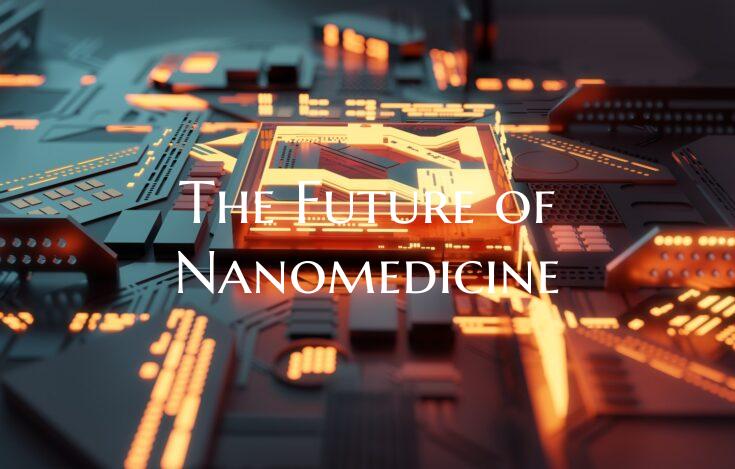The Future of Nanomedicine
Nanomedicine, a field that merges the realms of nanotechnology and medicine, holds great promise for revolutionizing the way we diagnose, treat, and prevent diseases. As researchers delve deeper into this cutting-edge area, a wave of groundbreaking innovations is emerging, pointing towards a future where precision-based therapies tailored to individual patients become the norm.
One of the key areas driving the future of nanomedicine is targeted drug delivery. Nanoparticles, engineered at the nanoscale, offer a unique advantage by selectively delivering drugs to specific cells or tissues within the body. This targeted approach not only enhances the efficacy of treatments but also minimizes adverse side effects, marking a significant advancement in personalized medicine.
Moreover, the development of nanoscale imaging technologies is poised to transform diagnostics. Nanoparticles with imaging capabilities can detect and visualize diseases at the cellular level, providing invaluable insights for early detection and monitoring of conditions such as cancer or neurological disorders. With the potential to revolutionize medical imaging, nanomedicine is paving the way for more precise and timely diagnoses.
The future of nanomedicine also holds promise for regenerative medicine and tissue engineering. Nanomaterials can mimic the extracellular matrix of tissues, promoting regeneration and repair at a molecular level. This opens up new possibilities for creating bioengineered tissues and organs, offering hope for patients awaiting transplants and those with degenerative conditions.
Furthermore, nanomedicine is driving the development of personalized treatment strategies through the use of nanosensors and theranostics. Nanosensors embedded in the body can continuously monitor health parameters and provide real-time data to healthcare providers, enabling proactive interventions and personalized treatment plans. Theranostic nanoparticles combine diagnostic and therapeutic capabilities, allowing for targeted therapy guided by real-time imaging, thus optimizing treatment outcomes.
As the field of nanomedicine continues to evolve, ethical considerations surrounding privacy, safety, and access to emerging technologies will be paramount. Collaborative efforts between researchers, clinicians, policymakers, and industry stakeholders will be crucial in ensuring responsible innovation and equitable distribution of nanomedical advancements.
In conclusion, the future of nanomedicine holds immense potential to redefine healthcare by offering precise, personalized, and effective solutions for a wide range of medical conditions. With ongoing research and technological advancements, the possibilities are endless, shaping a future where nanomedicine plays a central role in improving health outcomes and quality of life for patients worldwide.

